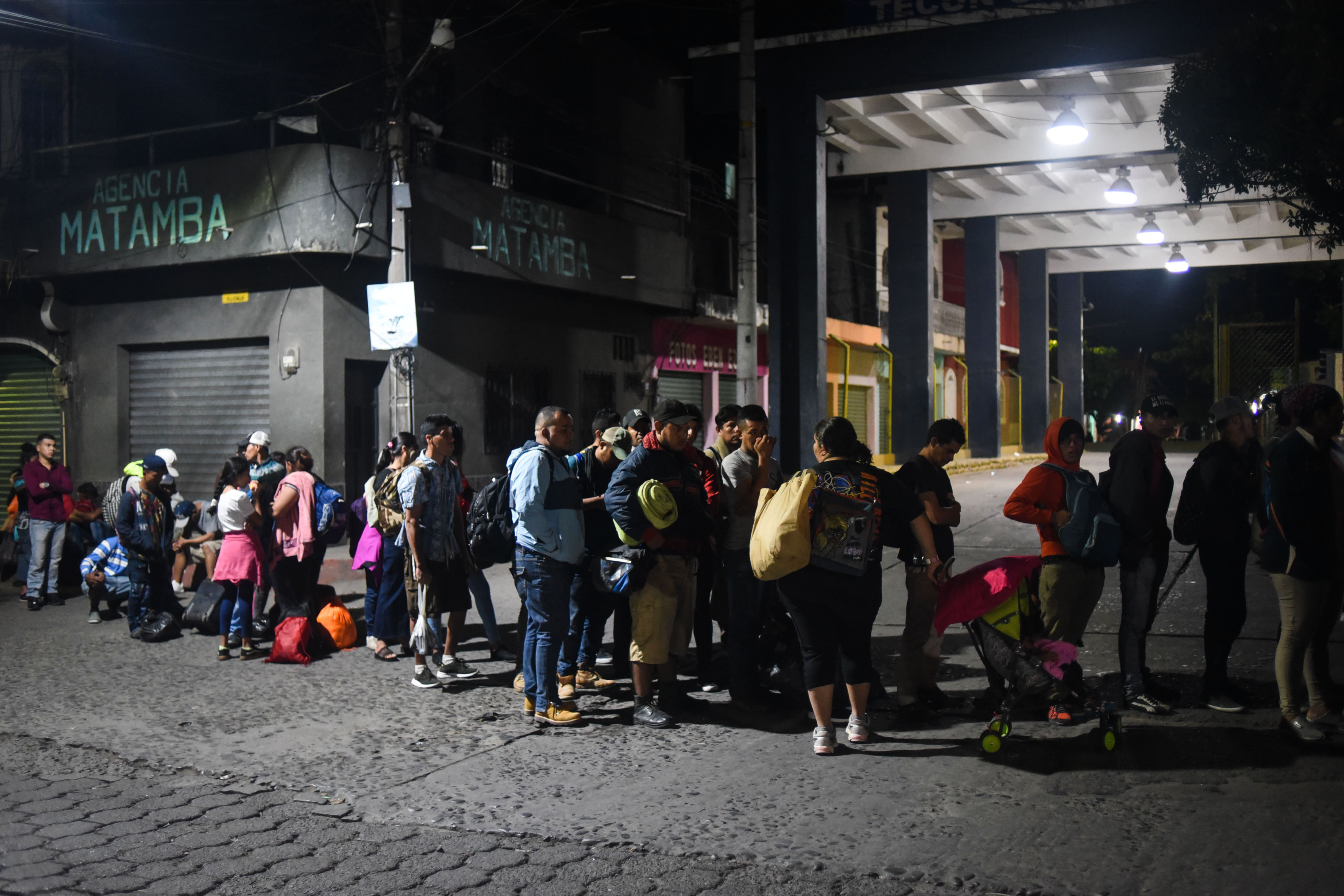Trump’s New Asylum Ban Will Have an ‘Enormous’ Human Impact

Credit to Author: Leila Ettachfini| Date: Thu, 12 Sep 2019 21:12:39 +0000
On Wednesday, the Supreme Court ruled that the Trump Administration may implement a policy barring the majority of asylum-seekers from Central America—even though the rule is still making its way through the courts.
The policy requires migrants who pass through other countries before reaching the U.S. to apply for asylum in those countries. Only if they are denied in each of these countries will the U.S. hear their argument for asylum. Since the Supreme Court ruling, which reversed a previous ruling by a lower court blocking the ban, human rights groups have come out unanimously condemning the decision. “When it comes to the American Dream, Trump and his Republican allies are saying ‘Latinos need not apply,” said Jess Morales Rocketto, Chair of Families Belong Together, of the new rule.
The rule is strikingly similar to the Trump Administration’s travel ban targeting Muslim-majority nations, known as the Muslim ban, one of the administration’s first attempts to block migrants from a region with large populations of refugees and asylum seekers. “Both bans are grounded in an ideology of xenophobia, hate, and exclusion and an utter disregard for human rights,” said Charanya Krishnaswami, Advocacy Director for the Americas at Amnesty International USA. “Both have harmed and will harm people in need of protection.”
The new asylum ban targeting Central Americans, however, has the potential to become even more harmful than the Muslim ban, which is already in place. “The ban turns the border into a virtually asylum-free zone. In that way, its scope and impact could be even more largely felt than the Muslim ban,” said Krishnaswami.
The policy affects all migrants in Central America, but won’t affect Mexicans, who do not need to pass through another country to reach the U.S. It also targets the populations most likely to seek asylum at the border: this fiscal year, Border Patrol has arrested 419,831 migrants from Honduras, El Salvador, and Guatemala, compared to 4,312 migrants from Mexico. According to Amnesty International, the Northern Triangle of Central America, a region comprised of Honduras, El Salvador and Guatemala, is “one of the most dangerous places on earth.” In recent years, the UN has referred to conditions in the region as a “humanitarian crisis.”
Supreme Court Justices Ruth Bader Ginsburg and Sonia Sotomayor did not agree with the decision to enact the rule before it has finished making its way through the courts, issuing a dissent on Wednesday. “Although this Nation has long kept its doors open to refugees—and although the stakes for asylum seekers could not be higher—the Government implemented its rule without first providing the public notice and inviting the public input generally required by law,” wrote Sotomayor.
The rule will likely make its way to the Supreme Court again—but that will take months. In the meantime, the effective rule will prevent thousands from finding a safe place to live.
“The human impact of the ban will be enormous,” said Krishnaswami.
Sign up for our newsletter to get the best of VICE delivered to your inbox daily.
This article originally appeared on VICE US.